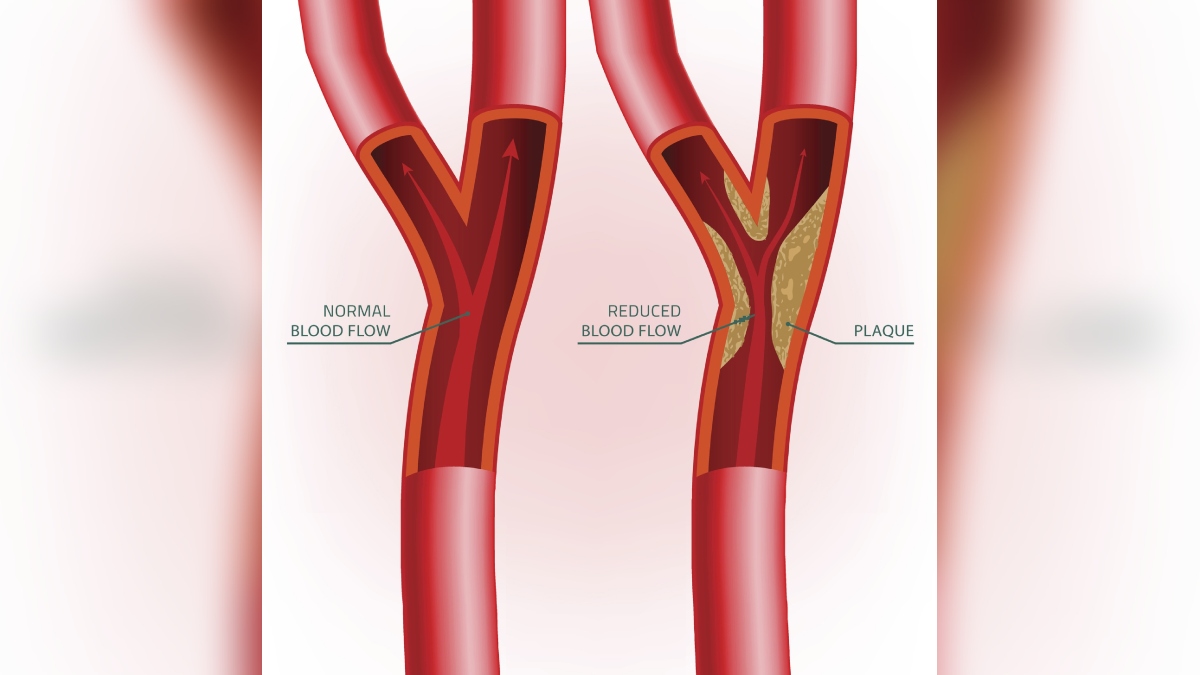Grade 11 students from Quezon City Science High School have developed an artificial intelligence-powered software named “Pintig,” which can accurately and swiftly detect plaque buildup in the heart using CT scan images.
Featured in the “Game Changer” segment of 24 Oras on Monday, the software, officially titled “Preemptive Identification Of Neointimal Tissue In Imaging For Gleaning Atherosclerotic Plaques,” aims to assist medical professionals in identifying and classifying atherosclerotic plaques, which are often caused by eating fatty foods.
According to developer Kenzo Miguel Tayko, current methods for detecting plaque buildup often identify the condition only at advanced stages, requiring costly and invasive procedures. “Pintig actually examines each pixel of the CT scan image, even those as small as 50 micrometers—something not visible to the naked eye,” Tayko explained.
The students incorporated programming and machine learning into Pintig, achieving an accuracy rate of up to 98%. The software uses a dataset of 14,000 CT scan images from about 200 patients. Users must upload heart images to the system, which then delivers results within seconds, diagnosing whether a patient is positive or negative for coronary artery disease (CAD) plaque.
The students’ innovation earned them first place in the Robotics Intelligent Machines category at the regional science and technology fair. Pintig is set to undergo clinical trials in collaboration with the Philippine Heart Center.






